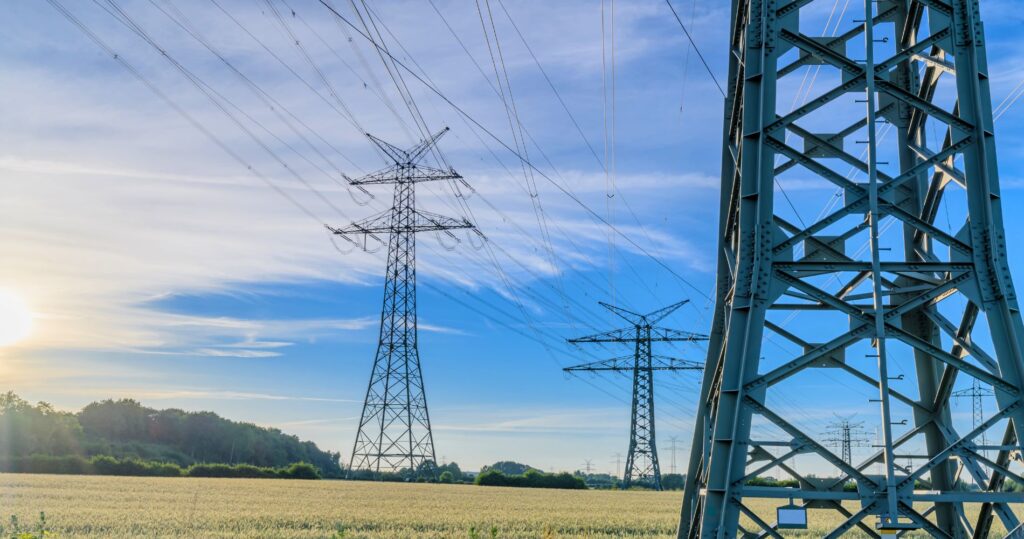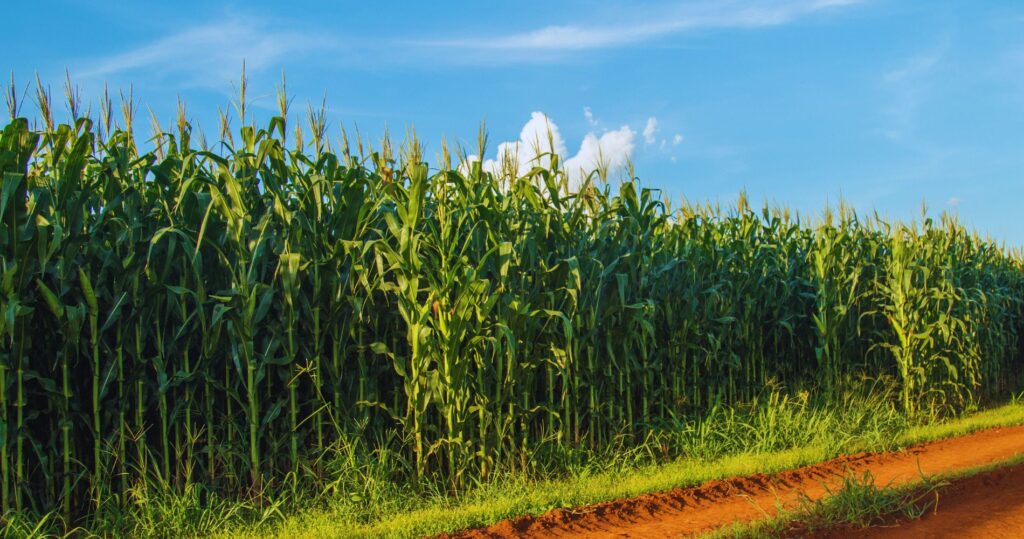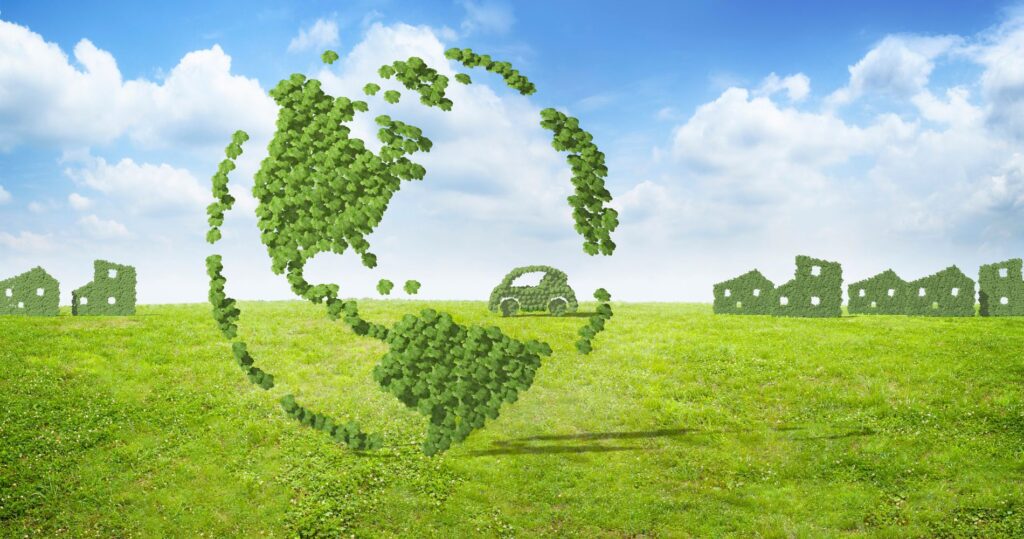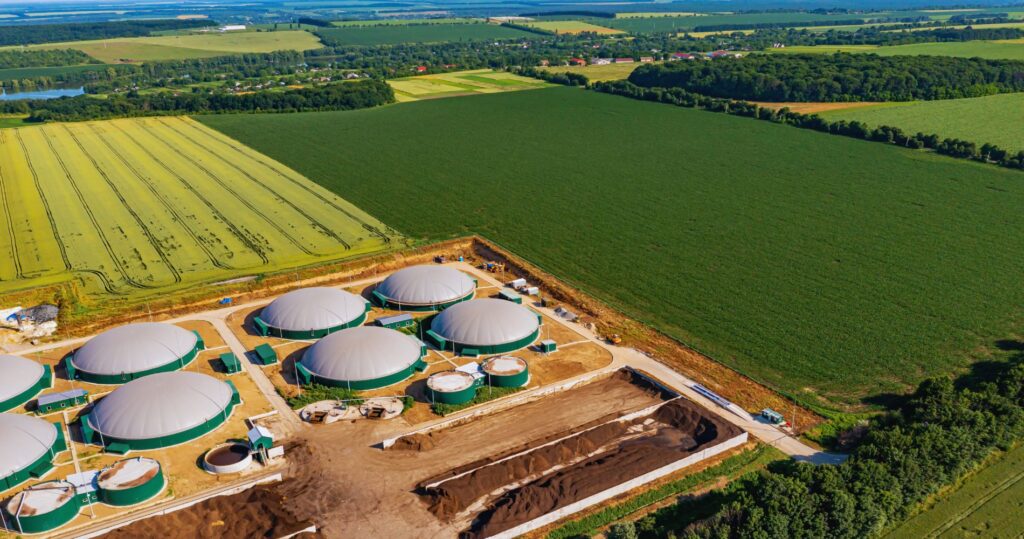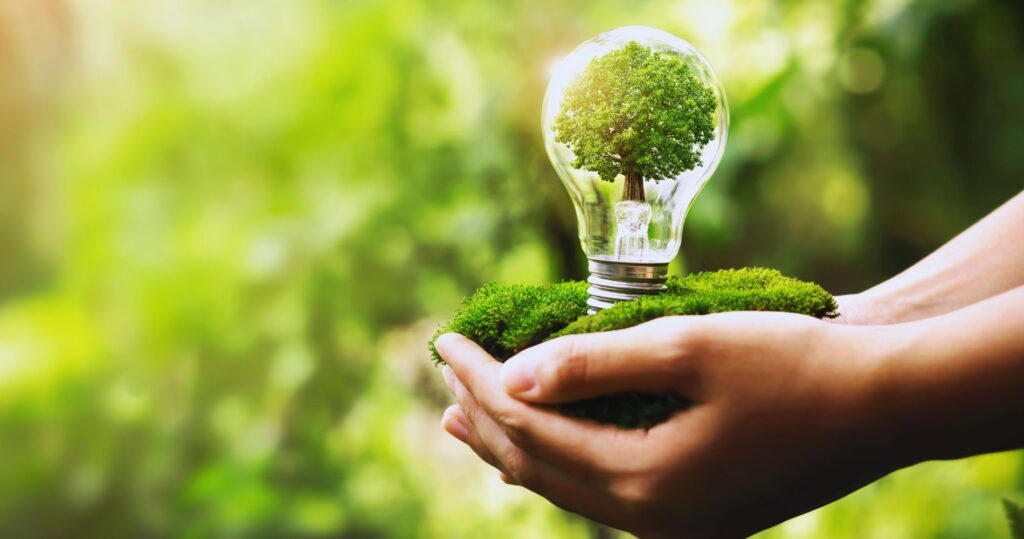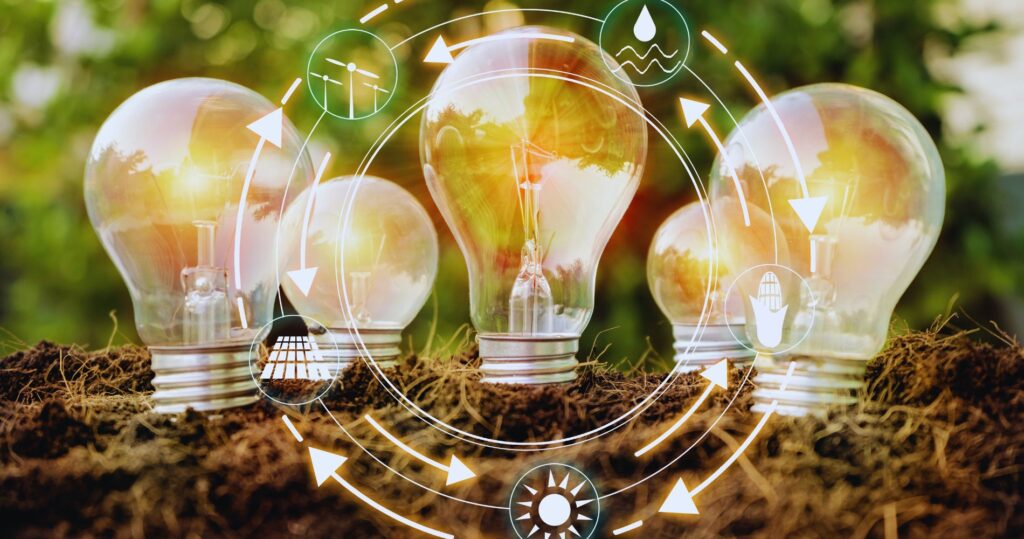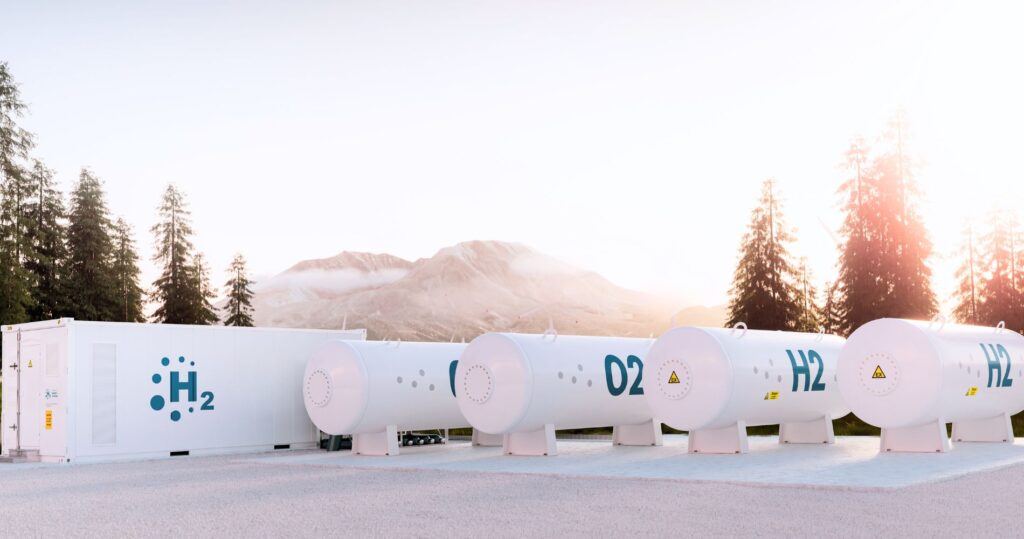Green hydrogen is a form of energy obtained from the electrolysis of water using electricity from renewable sources such as solar and wind. This type of hydrogen is considered essential for the energy transition as it does not emit greenhouse gases during production. Its importance in the energy matrix lies in its potential to replace […]
The debate on climate change and energy transition is crucial at a time when we face unprecedented environmental challenges. This article examines the urgent need for international collaboration to address these challenges and explore the opportunities offered by the transition to cleaner, more sustainable energy sources.
Brazil has stood out on the global stage as one of the leaders in the energy transition to more sustainable sources, particularly in the development and use of biofuels and the electrification of transport. The new industrial policy launched by the federal government highlights biofuels and electric vehicles as priorities, aiming for a cleaner and more sustainable transport energy matrix.
Brazil's wealth of natural resources, including its vast biodiversity and large tracts of agricultural land, provides a solid foundation for bioenergy production. The use of agricultural byproducts, such as sugar cane, soybeans, and forest residues, for the production of biofuels, such as ethanol and biodiesel, exemplifies the integration between agriculture and energy, promoting a circular and sustainable economy.
Today, December 1st, Brazil began its term as president of the G20, the influential group that brings together the nineteen main global economies, in addition to the European Union and the African Union. This period of leadership, which will last until November 30, 2024, marks the first time that the country has held such a position. During this year, Brazil's priority focus is to promote the transition to sustainable energy, drive changes in global governance and redouble efforts to combat inequality and hunger.
Hydrogen, the most abundant element in the universe, promises to revolutionize the energy sector with its "colored" variants, such as gray, blue and green. Brazil innovates with "green and yellow" hydrogen, derived from ethanol. While there are challenges such as transportation, the opportunities are vast, from job creation to global strategic positioning. Hydrogen symbolizes hope for a cleaner, more sustainable future.

